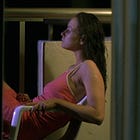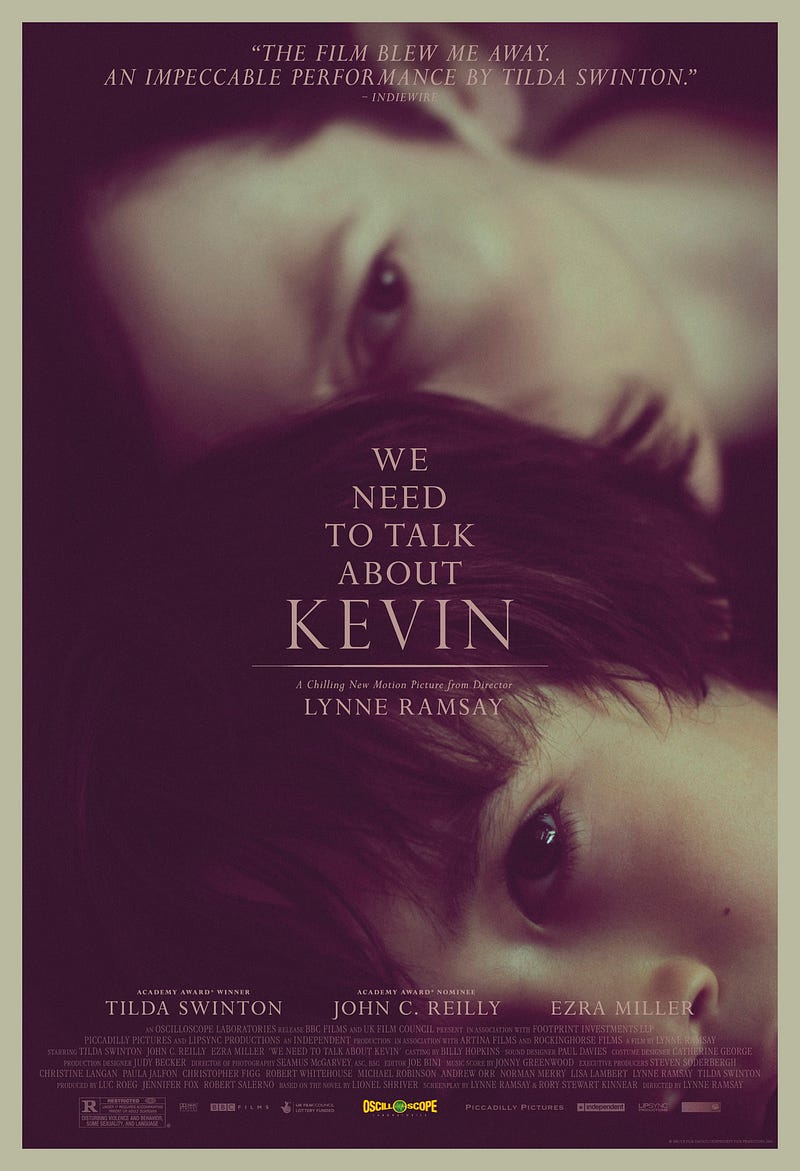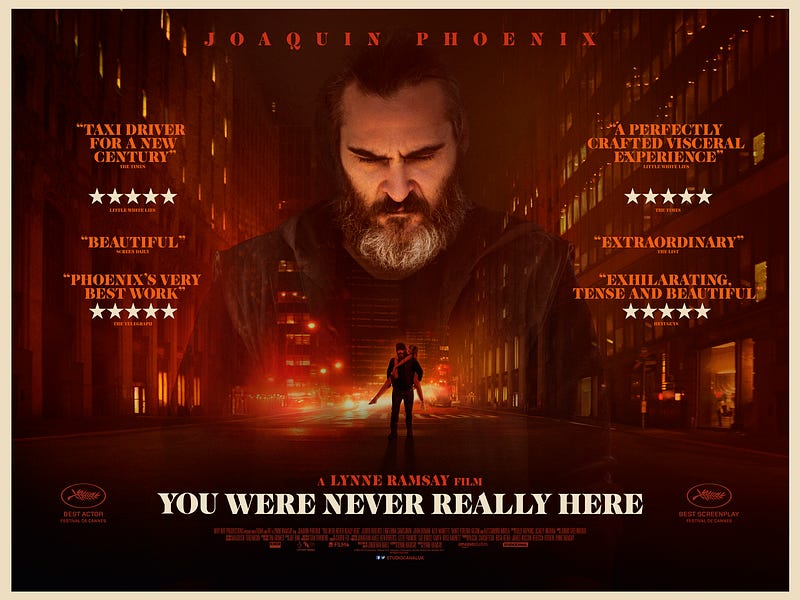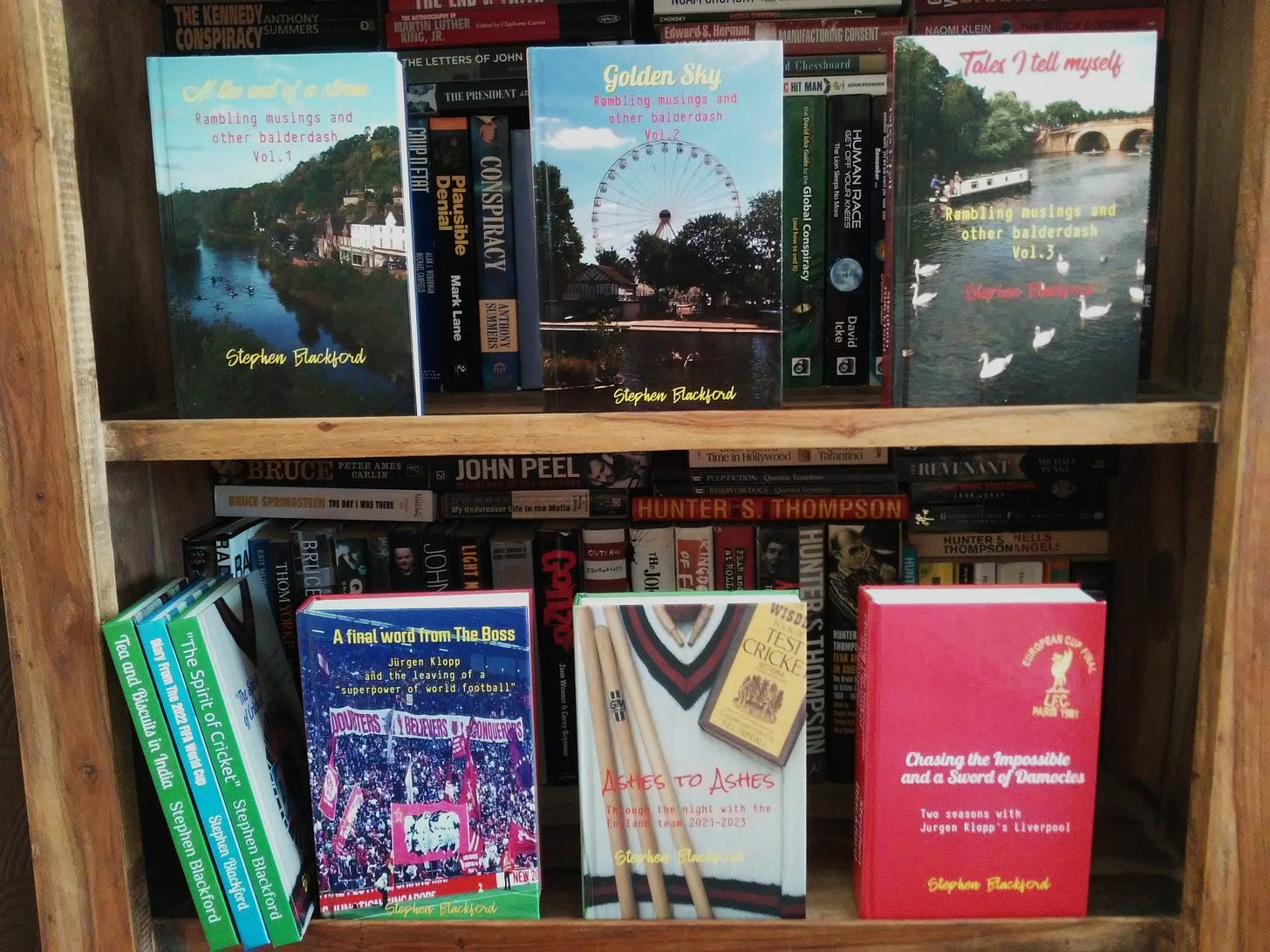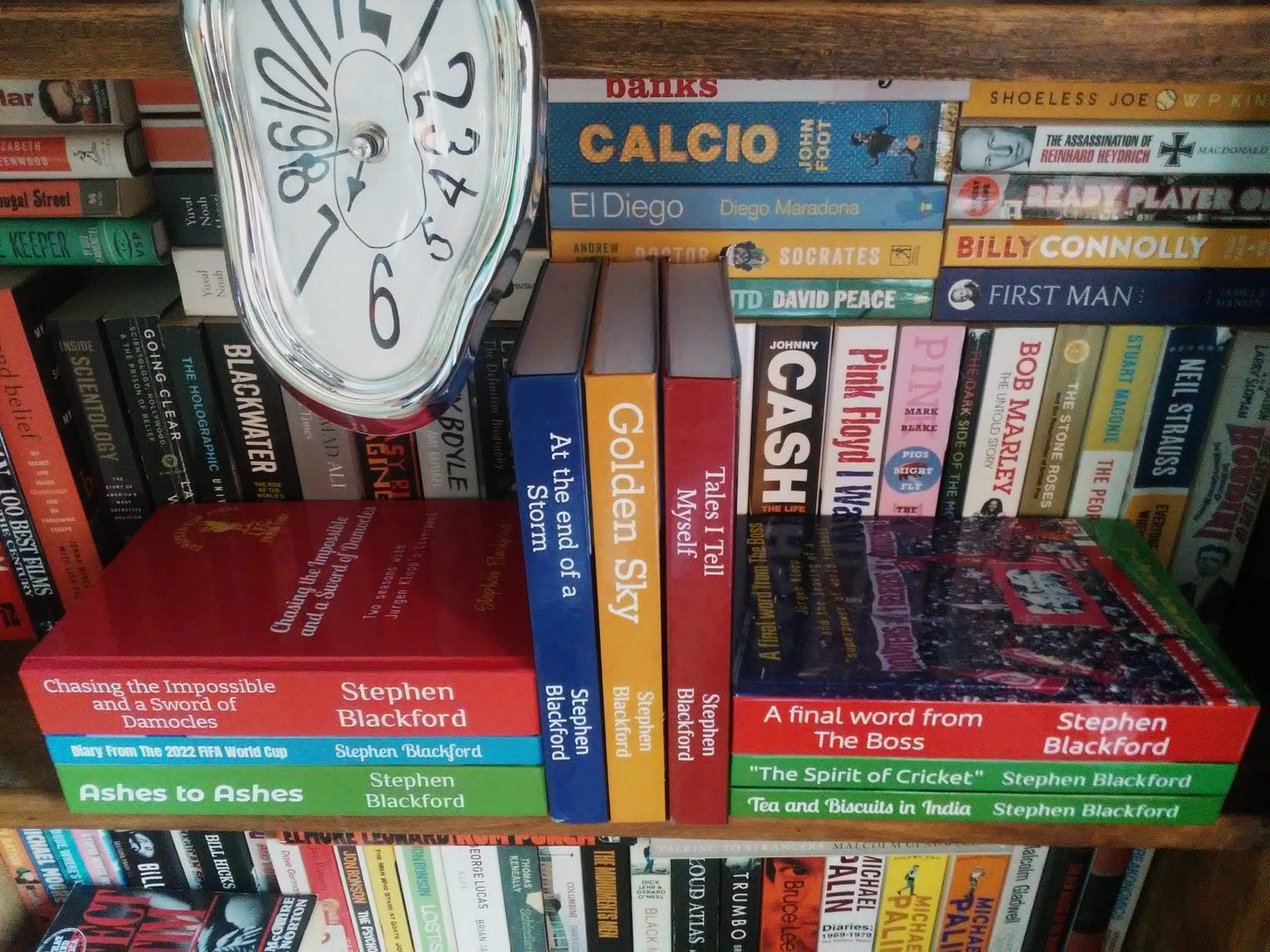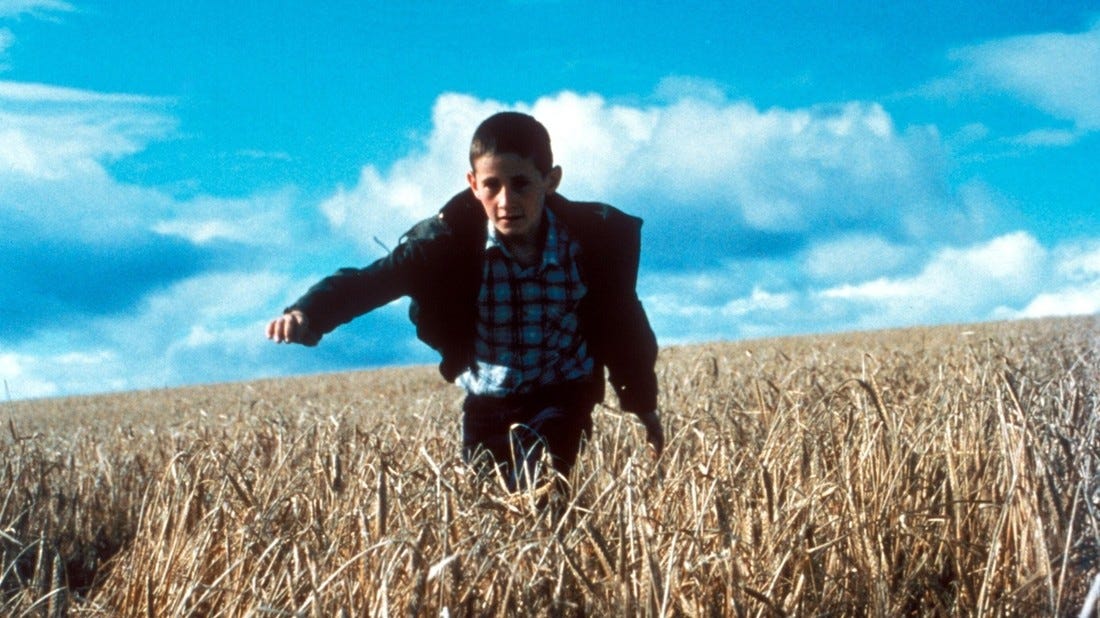
Seen through the eyes of young “James” (William Eadie) we follow his turbulent life in inner city Glasgow in the early 1970’s. Living in the poorest accommodation in the city and with the country in the midst of a general strike, rubbish and filth is piling up everywhere which is captured brilliantly throughout the film as the neighbourhood children all play amongst the discarded black rubbish bags and make their own entertainment. William Eadie is the stand out performer as James as we follow his days with the local children from the Estate, their escapades and their tragedies. Splitting time between home, a brown sepia toned flat that requires major redecoration and modernisation, an often drunk and sometime abusive Father “Da” (Tommy Flanagan), his “Ma” (Mandy Matthews) and his siblings, or in the filth and litter strewn Estate or nearby similarly fetid and filthy canal, James’ existence is bleak, unhealthy and graphically portrayed as such.
Against this bleak backdrop, James makes many unusual friendships and none more so than with “Kenny” (John Miller) a boy mercilessly teased for his affiliation with animals and for his kind hearted demeanour and with “Margaret-Anne” (Leanne Mullen) an older girl from the neighbourhood whose loneliness leads her to into more and more trouble. These two friendships in particular drive the film and provide some of the light relief required. Kenny and James are polar opposite, as is James from Margaret-Anne, but here a joint need for escape from their situations brings them together and their dual scenes are a joy.
Funded and supported by both the Arts Council and BBC Films, this is a mighty impressive debut feature from Director Ramsay. Two decades since release, the film has not aged and shocks and pleases in equal measure. Also written by the Director, the film oozes love and affection despite its bleak subject matter, is clearly a very personal film for Ramsay and a family affair at that, with James Ramsay playing “Mr Quinn” and Lynne Ramsay Jnr playing “Anne Marie”. As shown more effectively in her second feature film, the early hallmarks of overhead shots and slow motion shots are evident throughout as is a rapidly cut narrative to propel this 94 minute film.
With a minimal musical score from Rachel Portman, the soundtrack from the era is a joy and is often a prelude to a key scene. It’s also interesting to note how often the film’s joyous and uplifting highlights are juxtaposed against a bleaker melodramatic scene, as the film has many high points and some darkly comedic moments too. The shocking scenes truly shock at first glance as they seemingly come from nowhere within the narrative, however the film’s highlights will truly make you smile when they arrive. The excitement etched across James’ face as he explores the half built new houses on the outskirts of the city, jumping through an empty window and into a wheat field is a delight, as are the many scenes with Margaret-Anne, their tender times together, and especially their shared bath!
Using stock footage of the era, fantastic performances from William Eadie and Leanne Mullen in particular and guided lovingly by Director Ramsay, this is a directorial debut film to be justly proud of.
“Ratcatcher” can also be found within my 7 volumes of “Essential Film Reviews Collection” on Amazon with each and every volume free to read should you have a Kindle “Unlimited” package. All 9 of my self-published books can also be read for free on Kindle (but go on, treat yourself to a paperback or hardback version!) and should you watch my short Youtube video linked in the middle of this article you’ll also find links to my Patreon and Buy Me A Coffee and other ways of supporting my work as an independent writer.
"The Essential Film Reviews Collection VOL.1" - link to Amazon
Thanks for reading. I hope this message in a bottle in The Matrix finds you well, prospering, and the right way up in an upside down world.





